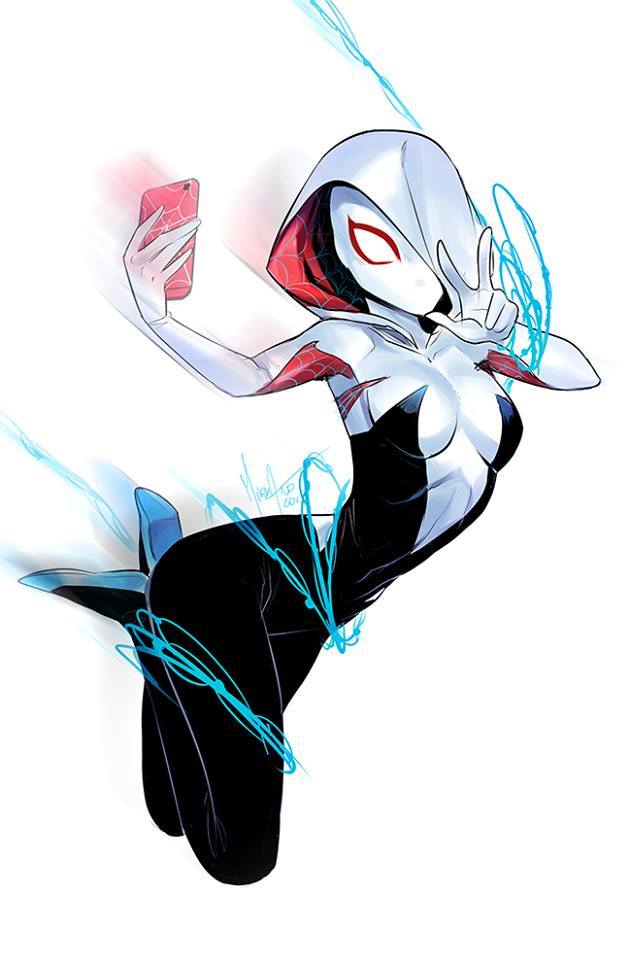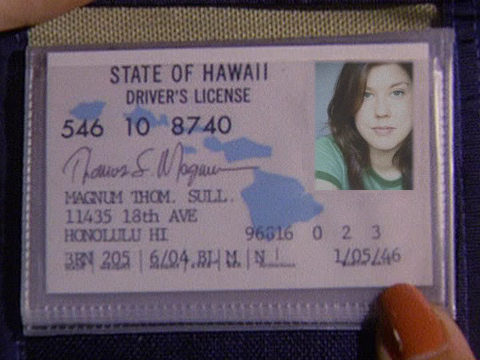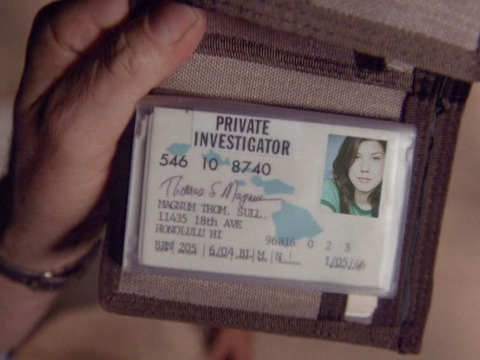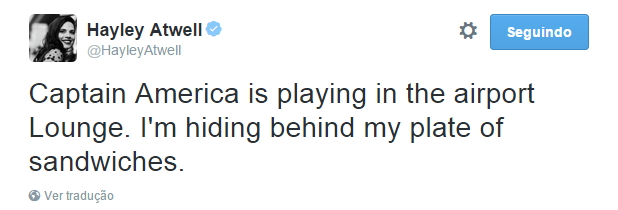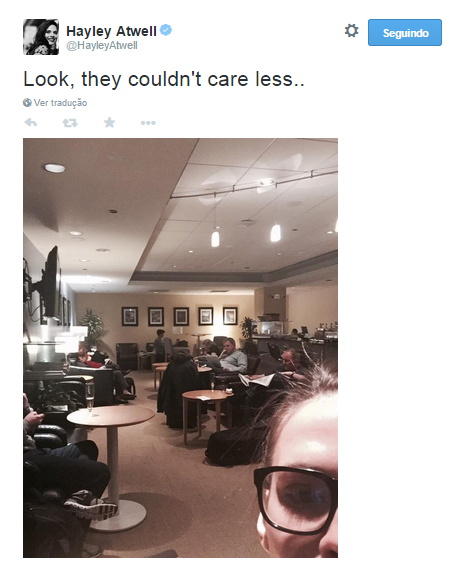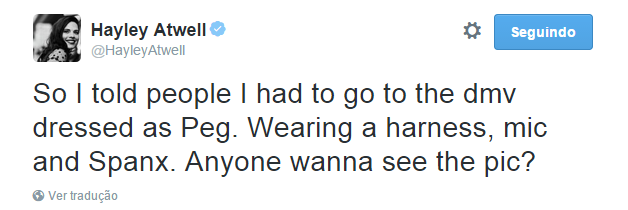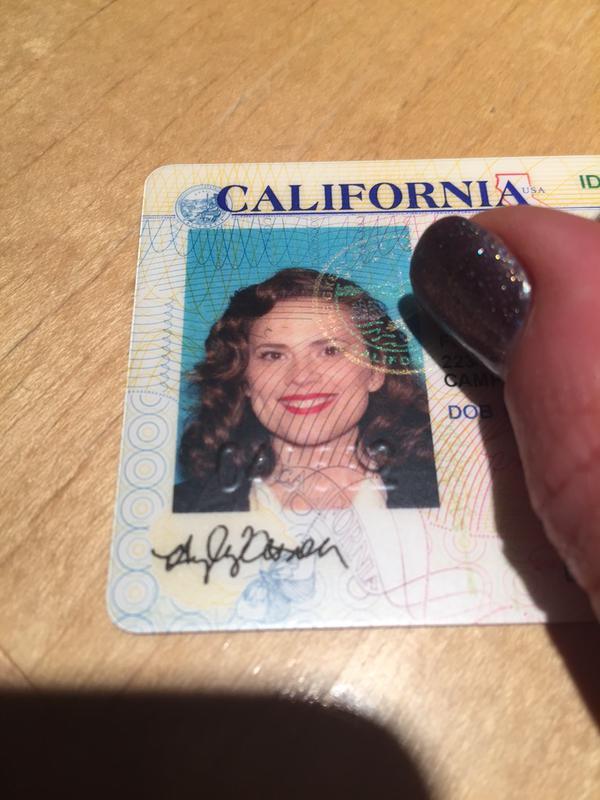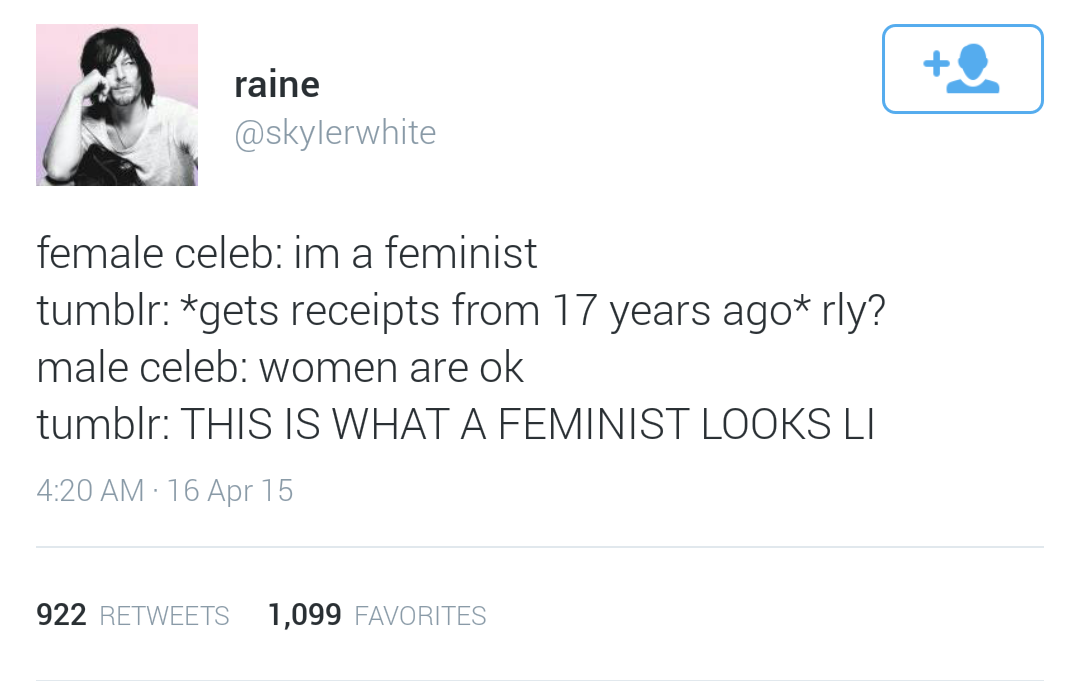Blog
-
-
-
-
-
-
ASK AUNTIE MJ: HOW TO APPROACH THE LONELY AUTHOR
krystalkairi said:
The
book store in the mall near me likes bringing authors in for book signings but
no one ever shows up. The author just sits at a table by themselves and I just
feel all horrible and awkward for them so I want to go up to them, but at the
same time I don’t know who they are or what their book is about. So I guess
what I’m asking is: how do I approach them? Or if you were in their position
would you not want some person who doesn’t know who you are showing up? Help
me, Auntie MJ!Dear, sweet, kind krystalkairi,
I never expected to be asked this question, but when I was, I felt a spirit rising inside of me. Like a song I needed to sing. Like
I dance I needed to dance. Like an itch I needed to scratch.THANK YOU FOR NOTICING THE LONELY AUTHOR.
Signings can be rough. Rougher still are the all-day author stations. In stores in England, especially, I have seen this. I have
seen the little table reserved for the author, or the extremely small desk, or
the chair, or—and in this case I simply ran away crying—A SMALL CIRCLE PAINTED
ON THE FLOOR. The author comes to the store in the hope of selling books and
becomes some kind of living warning of the dangers of trying to do anything at
all.I don’t know what people think author events are like. I think
people might assume that when they write a book and have a signing that it will
be some kind of great, complete triumph. This is the moment in which all who
doubted you will burn! This is when great crowds will line up and whisper each
to each, “Is it…? “Could it really be her?”I am sure there have been some people who have experienced
that on their first signing, but those people were already famous somehow. They
were on TV, YouTube, or had an online following for their writing—or they did
something exceptional, like be an astronaut or president or someone who once
waxed a Kardashian or something.The majority of people who write a book will have a vastly
different experience. Unless you have the signing in a place where you can
guarantee large numbers of people will come see you (i.e. you are a Duggar, you
have run your mom through a cloning machine, you have kidnapped many people in
the local area and made your signing the condition for their release)…you are
likely to be alone a lot.I have been this author. So has every author I know.
Let me tell you about one of my favorite appearances early
in my career, just to give you an idea of just how glamorous it can get.My publisher sent me to a bookstore appearance in a state
just north of New York.* I was sent an Amtrak ticket and set off on a snowy day.
I stepped off the train in this strange New England town and looked around for
the person who was supposed to meet me, but found no one. I started walking
around the parking lot in circles until someone yelled, “ARE YOU AN AUTHOR?” I admitted I was. A car pulled up and the
driver asked me to get inside. She was swearing mightily about someone else and
apologizing to me for something, but I wasn’t quite sure what. I only knew that
something was wrong.We drove to the bookstore, where the person who picked me up
ushered me inside and called for someone. The owner of the store came out of
the back and said, “Oh, hey. Are you Maureen? Here’s the thing. When I made the
posters for your event I put the wrong date on them. So probably no one is
going to come.”All of this was said in the flat aspect of someone riding
the aftereffects of dental anesthesia. No further information was offered.“So…” I said.
“Well, no one is going to come. I mean, you can stay if you
want. You might as well. You came all the way here. We own the coffee shop next
door. You can sit there.”I was taken next door, to a large coffee shop. It was
closed, so she had to unlock it. It looked like it only opened at night, which
seemed like a strange time to open a coffee shop, but I wasn’t asking too many
questions at this point.“I’ll be back for your signing,” she said. “But no one is
going to come. So I’ll just drive you back to the train then. If you want a
sandwich you can take one from the…” She waved at a refrigerated section at the
coffee bar. Then she left, locking the door behind her and me inside.The signing was three hours away still.
I had my computer with me, so I used the time to write a
bit. The snow fell, and no one came. Night fell, and no one came. The time of
the signing came and went. I pressed my face to the window. Finally, someone
came to open the coffee shop for the night. She looked surprised to see me
there.“Um, the owner?” I
said. “Left me here? And said she would be back for me?”And the barista said, “Oh, she went home about an hour ago.”
So I walked back to the train station by myself in the snow.
This was just before smart phones, so I sort of had to guess where it was. I
wandered the town, brushing flakes from my eyelashes, just looking for anywhere
a train might go, wondering how it was I had just spent the day locked in an
otherwise unoccupied building. It seemed like there may have been fine line being doing a signing and being kidnapped.
After the signing.
If you are sitting in public, yet you are alone, sometimes
someone will come up to you and start talking, because you are fair game. I’ve
been told life stories, been hit up for contacts, been on the receiving end of
rants about how things were being run in this country, and gotten entire
lectures about everything under the sun. All of that being said? I have had
great signings where only two or three or four people came. One of my favorites
was another one where the wrong day was announced, but two people caught the
mistake and came and we just talked for two hours. It was great!But those are signings, and those have a beginning and end.
Those are hard enough. The open event where the author sits in the bookstore
all day is a different and more alarming beast. Those authors are treated like
PATIENT ZERO. People avoid them by instinct, because there is something in our
reptile brain that tells us that if one of us has been forced to stand in a
weird little circle on the floor, something must be wrong. Even I avoid authors in this position because
I believe on some level that if I approach them they will grab me by the head
and pull me into the little circle on the floor and say, “HAHAHAHAHA! ANOTHER
AUTHOR HAS COME I AM FREE!” And then I will be locked into the circle by some
strange gravitational pull. The other author will leap out and run off and I’ll
be left there to die. Or until Nicholas Sparks wanders past. By that point, I
will have had time to make a rope out of my hair and clothes and will be able
to lasso him from twenty feet. Then the author of The Notebook and other works will know my pain and HE will have to
stare at Hot Topic for months on end, until Jonathan Franzen finally gives in
to his deep, unconscious craving for a mall pretzel. And so, the cycle
continues. Ever wonder why some authors are so reclusive? WONDER NO MORE.Okay. You’re at a signing, or you’ve spotted an author
trapped in some way in the bookstore. There are two basic positions the captive
author can take. This will tell you a lot.POSITION ONE: THE
AUTHOR IS LOOKING DOWN AT SOMETHINGOne of the key coping strategies of the captive author is:
LOOK BUSY. Do something. Do anything. The first line of defense usually
involves checking your phone, with occasional glances around the room. These
authors are probably bored and maybe sad. Sometimes authors may pull out their
computers and write, which I always applaud. That’s good thinking. Same for
reading. The problem is that readers are often afraid to approach a writer who
looks like they are working or reading or on the phone.
The lonely author may choose to look busy.
POSITION TWO: THE
AUTHOR IS LOOKING UP AND MAKING EYE CONTACT WITH EVERYONE AND HOLDING OUT THEIR
BOOKI always admire people who do this. I admire them as much as
I fear them. I like their positivity and confidence in their work—or at least
their willingness to put on a smile in a tough situation. It’s often a natural instinct to speak to people who are passing by. That’s one kind of reaching out. However, some people REALLY reach out. Physically. They reach out with their book and even follow people around the store and demand you have a look. I instinctively
dislike having a book shoved at me and being told I will like it, even though
the author knows nothing about me. I have come to the bookstore to browse and
be with my thoughts and to smell the lovely smell of books. If someone jumps
out from behind the biographies and thrusts a book at me and starts yelling,
“HEY I WROTE THIS BOOK, TOOTH MAGIC,
IT’S SO GREAT YOU LOOK LIKE A READER READ THIS BUY IT HERE I’LL TELL YOU THE
ENTIRE PLOT IN A FORM LONGER THAN THE BOOK ITSELF…” …my likely response is to
punch them, punch anyone around, punch myself,
and then escape through the vents. Hard sells make me nervous under the best of
circumstances.
Some authors will look more confident. This confidence may or may not be a ruse.
It’s tough, you know? It’s tough for all of us. It’s hard to know what this social exchange is meant to mean. It’s hard to go out there and stand next to your work and try to interest people in it. Authors are often shy. We usually work alone. For many of us, being set out in public is really, really hard. It may be a nightmare. I’ve seen people throwing up at the prospect of a signing. Sometimes we can’t figure out if we want anyone to talk to us, or if it would be best to be left alone to sink through the floor. Some people love it, though. To each their own. It’s impossible to know unless you approach the person, and even then, you are unlikely to know what’s really going on.
For me, I like it, generally. But that’s after years of doing it, building more of an audience, growing more of a thick skin, being able to sit there whether I have a long line or not. But it took me a while to get there, and I still get nervous sometimes.
My best advice is this: if you are interested in the book,
go over and have a look and a chat. If you aren’t, smile, say hello if you
like. You can also talk about other things. You can talk about the weather. General politeness applies here. If the author looks at you and you aren’t
interested, don’t hiss and throw a copy of the closest George R R Martin at
their head. Just say no thanks and smile. If the author won’t leave you alone, you are perfectly within your rights to spray them with a fire extinguisher. (Or just walk away. Maybe that’s better.) On some level, we accept it when you just walk by. We have to. But a smile and nod never hurts.Also, I encourage other authors to share their stories of
being the lonely one. It feels good.Thank you for noticing us. THANK YOU FOR CARING.
Love,
Auntie MJ
* This store no longer exists. This is not the store you are thinking of. It really isn’t.
-
tell me where the lie is
Thinking a lot about this quote in light of some discussion of two interviews done by the actors in Avengers that I’ve seen. (For those who didn’t see the discussions: Chris Evans and Jeremy Renner made some sexist comments and were criticised, they apologised. There was another interview where Mark Ruffalo was given the questions usually directed at a lady, and Scarlett Johansson the questions usually given to a dude.)
I’m glad the two actors apologised and glad they were forgiven, but I did wonder if a lady would’ve been. I did notice people didn’t bring up other mistakes the actors had made, whereas I saw people discussing mistakes actresses had made years before in other circumstances. I also saw a ton of ‘I LOVE MARK RUFFALO!’ commentary around the second interview, and thought ‘Well, why is he getting more credit than Scarlett Johansson?’
I hadn’t thought about it before, that I see dudes making mistakes and not having past offences thrown in their faces–getting more credit for their good behaviour and less flak for their bad.
I am not a celebrity obviously, but I bring myself up because I get nervous discussing other women making mistakes without being clear that *I* make mistakes all the livelong. When I do think about speaking up, or when I do make a mistake (happens all the time!) I do consider that I won’t just be criticised for the current mistake, but called up on the carpet for a) something I wrote in a book in 2009, b) something I failed to write in a book in 2011, c) something I said in 2005.
It’s much easier to act if you know that when you make a mistake, you’ll be apologising for one thing you did, and not end up being asked to apologise for a bunch of things you did–which ends up feeling a lot like being asked to apologise for existing.
I know singer Meghan Trainor is going to be criticised for saying she doesn’t consider herself a feminist for yeeeears, even if she decides later she does consider herself one, even though there are lots of valid reasons not to identify as a feminist (for the record, I do consider myself a feminist, which I do not think will come as a shock to you guys ;)).
I’m not saying: give ladies (or anyone) a pass on their past behaviour, especially if their past behaviour indicates a still-ongoing pattern. But I am saying, as ever, consider the difference between the way different people are treated, and as ever, if possible, err on the side of being kind.
-
Boos for girls
I don’t know how many school assemblies I’ve done over the past 12 years. 200-300 is my best guess. Something I’ve found is that boys feel okay booing and mocking things they see as “for girls” but that girls never mock the “boy” things. Here’s an example. This exact scenario has repeated at every elementary and middle school assembly I’ve done in the past year and a half – at least 30, maybe more, in over a dozen states.
Me: I went to Mattel headquarters. Mattel is the largest toy maker in the world. They make Thomas the Train, Justice League Figures, Matchbox Cars—
Boys: Yay!
Me: Barbie—
Boys: BOO!!!
Me: I was going to write a book for their new toy line, but it was so secret, we had to put in a security code to go down a secret hallway, into a second locked door where on a table under a shroud they had the prototypes for the new toys. I lifted the shroud and this is what I saw: (switches to slide of Ever After High dolls)
Girls: Yay!
Boys: BOOO!!! BOOOO!!!
Notice the girls did not boo Thomas or Justice League or cars. Many cheered those things too. But the boys booed Barbe and EAH in unison, loudly, as if it was only natural, expected.
I’ve put up with it for awhile. And all this booing is after I’ve even talked with the kids about how unfair it is that people claim there are boy books and girl books. How untrue. Why can girls read anything but boys are told that they can only read half the books? And we’ve talked frankly about this. Still, the loud, fearless, angry mocking of any mention of “girl” media.
I’ve stopped putting up with it. When they boo, I stop them now. I demand respect. “I don’t know who told you it was okay to boo anything that you think girls like, but it’s not okay with me. That will stop. Girls, you don’t have to put up with that. The things you like deserve respect. You deserve respect.” I don’t know if they listen. But I’m going to say it all the same.
I think that by being “polite” and pretending to ignore the boos, I was actually reinforcing their opinion that this was okay. Tolerating something out of civility sure looks like complicity if you’re a girl in the audience. I won’t be complicit anymore. Which is “kinder”: ignoring the boos or calling them on it?
-
-
New video! With closed captions! And me dressed as a mechanic? I guess?
I remember you mentioning the thing about distances before, and I think about that a lot because same. Also, I feel like we’ve gotten a celebration (collective noun?) of hayleyghoover videos lately, which is fantastic.
(Source: https://www.youtube.com/)

